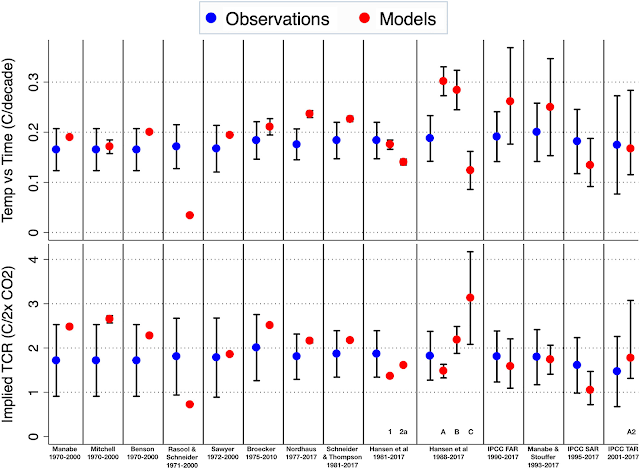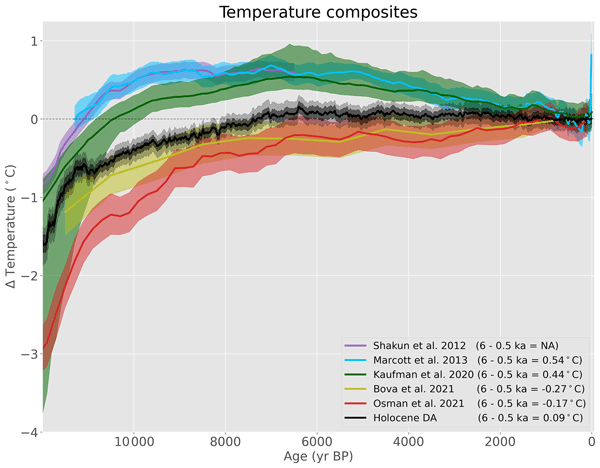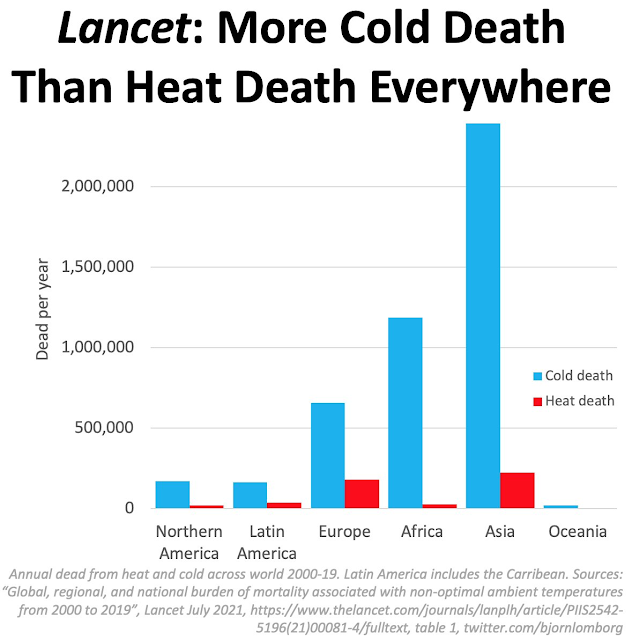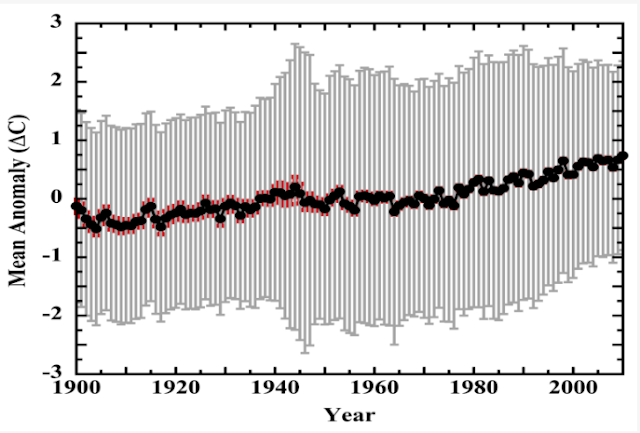Is Temperature Causing the Increase in CO2?
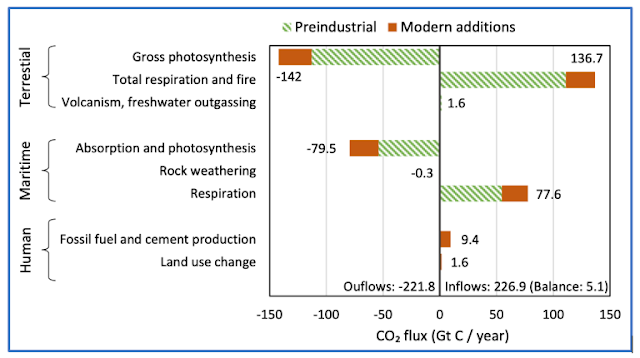
Every once in a while a paper gets published in a low-to-no impact journal suggesting that the increase in CO2 concentrations was caused by the increase in global temperatures and not by human emissions. There are several blogs and unpublished manuscripts that make similar claims. Now for sure, since CO2 is less soluble in warmer water, increasing sea surface temperatures, so increasing temperature does cause an ocean-to-atmosphere CO2 flux. But can this explain why CO2 levels are increasing? Some say yes. The most recent paper [1] was published in a no-name MDPI journal called Sci, and Judith Curry promoted it on her blog . Papers and arguments like this are obviously nonsense, but this paper is a little unique in that it includes the very evidence that proves its central thesis wrong. The following chart comes from the paper. It takes data from the IPCC AR6 accounting of the carbon budget, showing the ocean, land and human sources and sinks. From the numbers the authors included...
